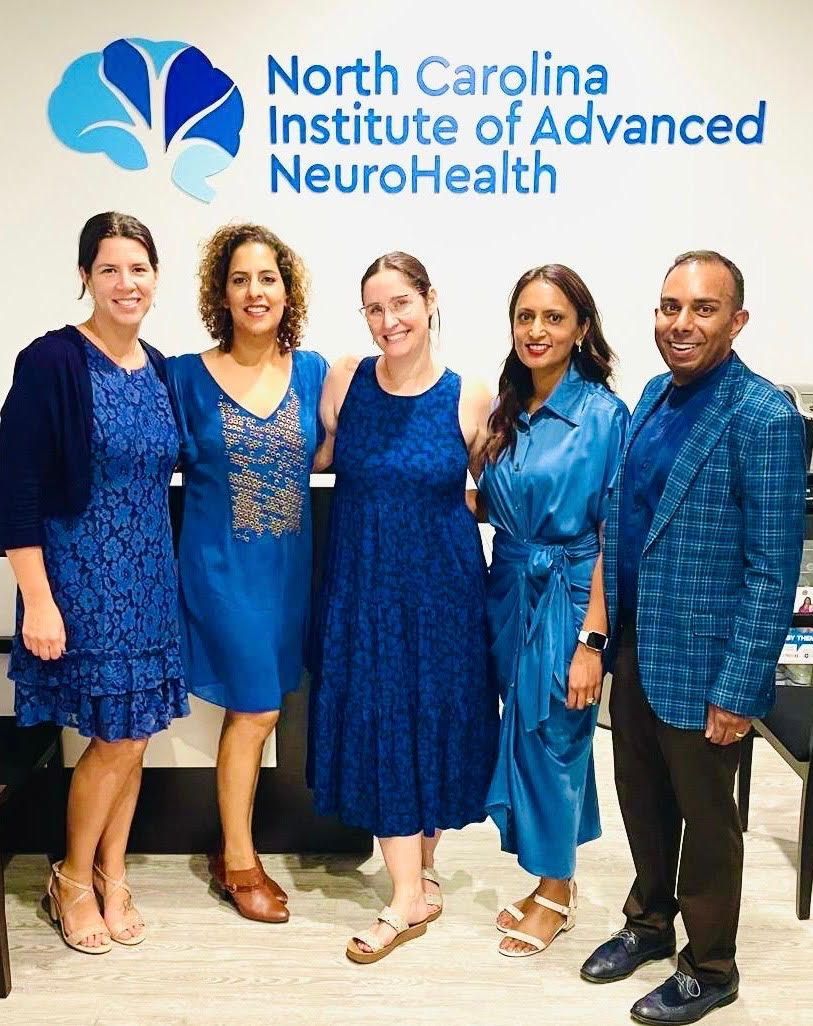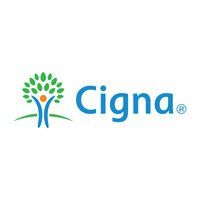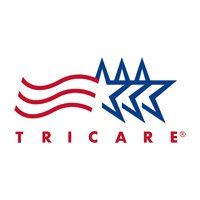Balancing AI and Human Connection in Behavioral Health: Insights from BHT2024
This is a subtitle for your new post

At the North Carolina Institute of Advanced NeuroHealth, we’re always exploring the latest advancements in behavioral health to better support our patients. This year, our own Dr. Vinay Saranga attended BHT2024, where leaders in mental health came together to discuss a major topic shaping the future of our field: artificial intelligence (AI) in behavioral health care.
Dr. Saranga’s experience at
BHT2024 helped us see how we can use the advantages of AI without losing the personal, human-centered care our patients rely on. In this post, we’ll go over some key takeaways from the conference and explore how AI can make mental health care more accessible, while still keeping things compassionate and focused on each person’s unique needs.
Enhancing Access and Efficiency with AI
One of the most promising benefits of AI is how it can improve access to mental health care. For people who face challenges in finding mental health support—whether due to location, busy schedules, or stigma—AI can offer a gateway to care. Automated tools, virtual assistants, and AI-driven platforms make it easier for patients to receive mental health support on their own time, often with no need to travel.
For clinics like ours, AI can assist with the administrative side of behavioral health, from clinical note-taking to scheduling and reminders. These efficiencies allow our clinicians to spend more time on direct patient care, which improves the overall experience and ensures that patients receive the attention they deserve.
Dr. Saranga noted that:
“AI has helped people find support,” highlighting the convenience and increased availability these tools offer. While AI can help us create better patient experiences, it is most effective when paired with personalized, compassionate care from real people."
AI’s Role in Suicide Prevention
A powerful application of AI in behavioral health has been in the area of suicide prevention. While we recognize that AI tools are not a substitute for human empathy, they can be lifesaving when they provide early warning signs. At our clinic, we see the value of AI as a supplementary tool that enhances our ability to offer effective interventions and crisis support when needed. As Dr. Saranga reflected at the conference, “AI is a powerful resource, but it cannot replace the face-to-face conversations that bring a sense of understanding and connection.”
Striking a Balance Between Automation and Human Interaction
As we integrate AI tools into our services, we know that balance is key. Dr. Saranga’s insight on this topic underscored a central truth in behavioral health: while automation and AI can simplify access and make processes more efficient, mental health care is ultimately about building trust and providing support. Our patients often come to us during vulnerable times, and they need both the convenience AI offers and the compassion only a human provider can deliver.
We believe in using AI to streamline tasks, like appointment reminders and preliminary assessments, that can help us better serve our patients. But when it comes to patient care, we know that nothing can replace the experience of sitting down with a trusted therapist or provider who can offer understanding, empathy, and support.
Addressing Barriers to Equitable Access
As we embrace AI in mental health, we are also aware of the challenges that need to be addressed. Equitable access to AI-driven care is one of the most pressing issues in our field. Not everyone has the same access to technology or feels comfortable using digital tools. Ensuring that all individuals, regardless of socioeconomic background or technological familiarity, can access mental health support is crucial for our clinic and for the future of behavioral health as a whole.
At our clinic, we strive to educate our patients on how AI can support their mental health journey. We are committed to providing resources and assistance to make our services accessible to everyone, whether that means supporting individuals with limited technology access or offering education on how to use digital tools.
Moving Forward: Embracing AI to Enhance Patient Care, Not Replace It
At the North Carolina Institute of Advanced NeuroHealth, we are excited about the possibilities AI brings to behavioral health. From increasing access and efficiency to aiding in suicide prevention, AI offers valuable tools that can help us better serve our community. However, we are also mindful of the balance needed to ensure AI works alongside our human-centered approach, rather than replacing the interactions that build trust and foster healing.
As Dr. Saranga shared at BHT2024, “Patients want both convenience and compassion.” This insight is at the heart of our approach as we integrate AI into our clinic. Our goal is to create a mental health care experience that combines the best of AI-driven efficiency with the genuine human support our patients seek.
We look forward to continuing to provide high-quality, accessible, and compassionate care, embracing the future while staying true to our commitment to each patient. Whether through AI or in-person, our mission is to support each individual in their journey toward mental wellness.





















